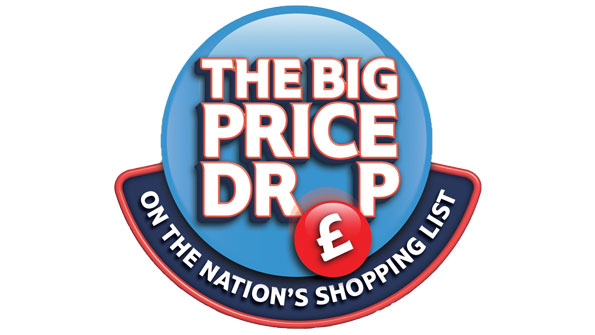 Tesco today released their worst half-year results in nearly 20 years.
Tesco today released their worst half-year results in nearly 20 years.
The announcement of a fall in like-for-like sales of 0.5% is the first of its kind made by the retailer since the early 1990s, and shows that no shop is immune from the effects of the falling spending power of consumers that we reported last week.
The supermarket has still reported an increase in profits of 12.1% however on the back of “strong growth” in both Europe and Asia. They cited “subdued demand” in the UK as the cause for the fall in like-for-like sales.
Supermarkets are traditionally the very last of the retailers to see a fall in sales, so independents are right to heed this as a warning that tough times remain ahead.
Sainsbury’s results relatively strong

0.5% – fall in like for like sales at Tesco
However, it’s not all bad news as many analysts see the trend towards smaller c-stores as one of the contributing factors eating into supermarket margins.
Independent retailers are uniquely placed to adapt to a tough market, whereas the multiples’ smaller format stores are bound by their bigger brothers.
Sainsbury’s showed strong adaptiveness in the market with an increase of 1.5% like-for-like sales, also indicating that the market may not be as tough as Tesco’s figures suggest. Sainsbury’s Chief Executive described the results as “a good sales performance in a tough consumer environment.”
Big Price Drop
Tesco have been fighting hard for shoppers in recent weeks with their high-profile Big Price Drop promising to reduce the prices of over 3,000 “everyday” products.
A Guardian journalist analysed his shopping from the 12th September and found that the big price drop meant an increase of £2.09 on his grocery bill – apparently Parma ham and Innocent smoothies aren’t everyday essentials!
While Co-op chief executive Peter Marks believes people are cutting back on food for the first time in his working life, Tesco’s poor results also highlight the fact that 20% of the chains UK sales come from “discretionary” items – or in other words, electricals, CDs/DVDs, clothes and books.
These non-essential items are one thing that shoppers are cutting back on in their droves, and this is therefore another solace for the independent c-store owner selling the top-up essentials that customers are very much still relying on.
Updated: 5th October, 13:43





Comments
This article doesn't have any comments yet, be the first!